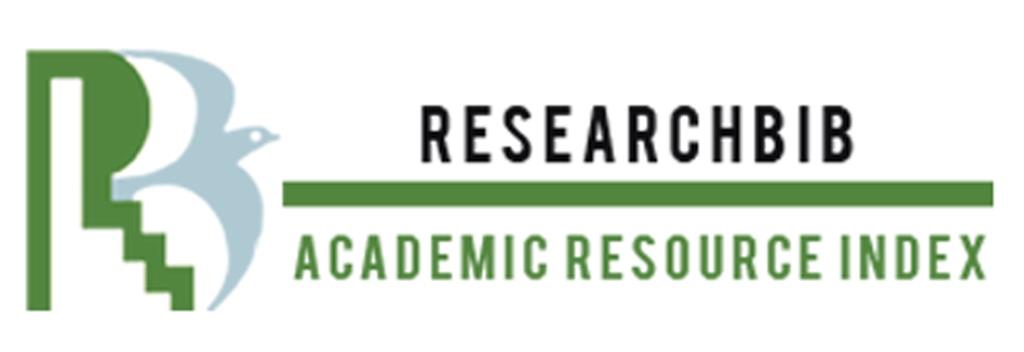THE ROLE OF ENGLISH FOR ACADEMIC PURPOSES (EAP) IN DEVELOPING LANGUAGE PROFICIENCY AND ETHICAL WRITING PRACTICES.
Abstrakti
This article presents the EAP program's commitment to enhancing students' academic language skills, including reading, writing, listening, and speaking, through a holistic approach that integrates various language competencies. It discusses the significance of mastering academic grammar and vocabulary, the role of reporting verbs in shaping academic discourse, and the importance of summary writing as a tool for preventing plagiarism. By fostering critical thinking and research methodologies, the EAP program aims to prepare students for the demands of academic success and to cultivate a culture of ethical writing practices. The insights provided are grounded in established literature, underscoring the necessity of effective EAP instruction in higher education.
Lataukset
Lähdeviitteet
Alley, M. (1996). The craft of scientific writing (No. 808.0666/A435). New York: Springer.
Charles, M., & Pecorari, D. (2015). Introducing English for academic purposes. Routledge.
Chang, P., & Schleppegrell, M. (2011). Taking an effective authorial stance in academic writing: Making the linguistic resources explicit for L2 writers in the social sciences. Journal of English for academic purposes, 10(3), 140-151.
Cowie, N., & Sakui, K. (2021). Teacher and student-created videos in English language teaching. ELT Journal, 75(1), 97-102.
Hu, G., & Liu, Y. (2018). Three minute thesis presentations as an academic genre: A cross-disciplinary study of genre moves. Journal of English for Academic Purposes, 35, 16-30.
Hughes, A. (2020). Testing for language teachers. Cambridge university press.
Hyland, K. (2008). Genre and academic writing in the disciplines. Language Teaching, 41(4), 543-562.
Jiang, L. (2018). Digital multimodal composing and investment change in learners' writing in English as a foreign language. Journal of Second Language Writing, 40, 60-72.
Kurtz, M. J., Eichhorn, G., Accomazzi, A., Grant, C., Demleitner, M., Henneken, E., & Murray, S. S. (2005). The effect of use and access on citations. Information processing & management, 41(6), 1395-1402.
McGrath, L., Berggren, J., & Mežek, Š. (2016). Reading EAP: Investigating high proficiency L2 university students' strategy use through reading blogs. Journal of English for Academic Purposes, 22, 152-164.
Pecorari, D. (2023). Plagiarism and English for academic purposes: A research agenda. Language Teaching, 56(3), 362-376.
Schmitt, D., & Hamp-Lyons, L. (2015). The need for EAP teacher knowledge in assessment. Journal of English for Academic Purposes, 18, 3-8.
















